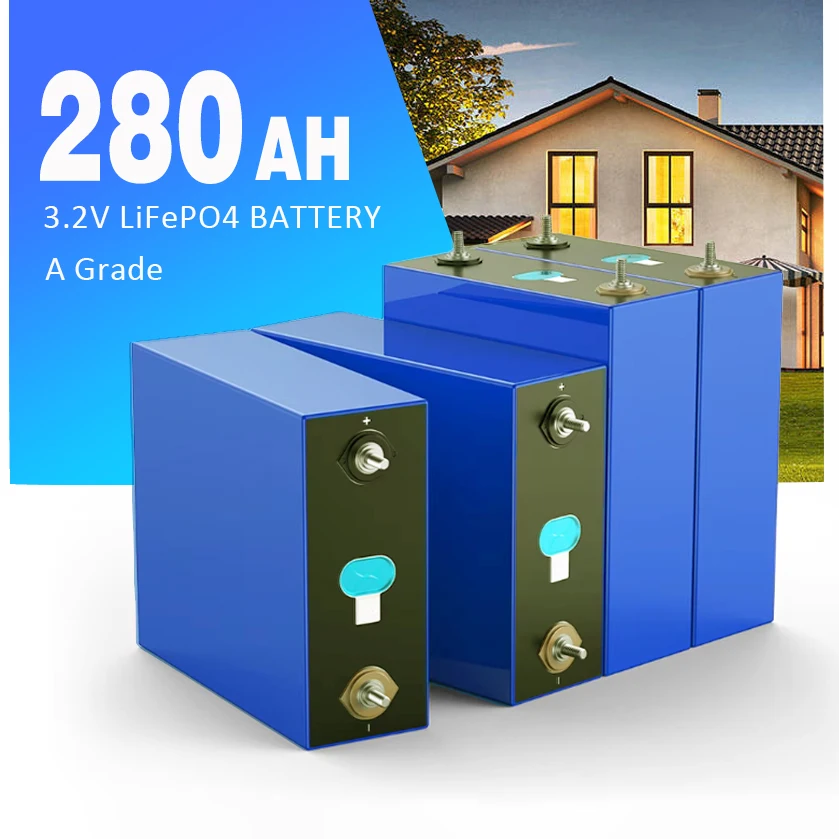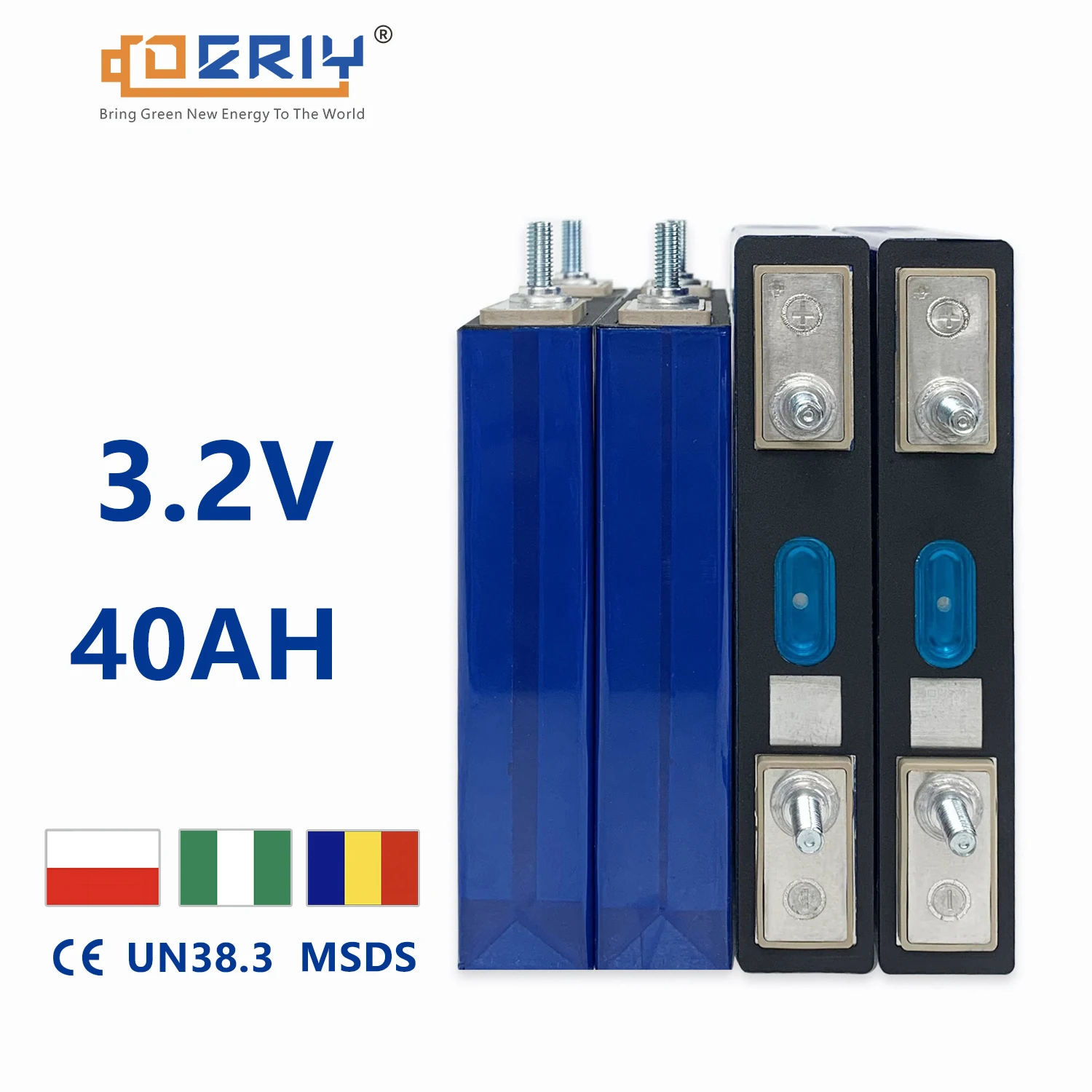
Manufacturers of LFP batteries focus specifically on creating batteries with lithium iron phosphate chemistry. LFP batteries have a reputation for being safe, having a long cycle life, and for their stability. Specialized production lines are dedicated to the consistent quality of LFP battery cells, which undergo extensive research to optimize performance, increase charging speeds, and enhance energy density. These manufacturers work with diverse sectors, including solar energy storage, electric vehicles, or backup power systems, to supply them with LFP batteries.
